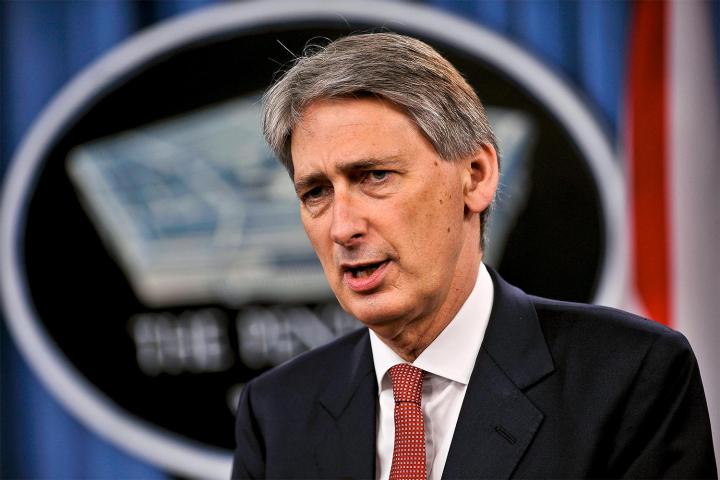
The UK government has announced it’s to set up a cyber defense force to help protect the nation’s national security.
UK defense secretary Philip Hammond said over the weekend that his department will from next month begin recruiting hundreds of computer experts as cyber reservists to work “at the cutting-edge of the nation’s cyber defenses”.
While another unit dealing with cyberspace security already exists, the formation of the new Joint Cyber Reserve Unit will represent a “significant increase” in the number of people engaged in such work.
‘Strike capability’
As well as protecting critical computer networks and safeguarding important data, Hammond said the new unit will also be capable of launching cyber attacks itself, if deemed necessary.
“In response to the growing cyber threat, we are developing a full-spectrum military cyber capability, including a strike capability, to enhance the UK’s range of military capabilities,” Hammond said in a release on his department’s website. “Increasingly, our defense budget is being invested in high-end capabilities such as cyber and intelligence and surveillance assets to ensure we can keep the country safe.”
He added the unit would be “an essential part of ensuring we defend our national security in cyberspace,” and described the job as an “exciting opportunity” for computer and Internet experts “to put their skills to good use for the nation.”
On the subject of cyber strikes, Hammond told the UK Mail that such attacks could serve to bring down enemy communications, and disable nuclear and chemical weapons as well as planes and ships.
“For years we have been building a defensive capability to protect ourselves against these cyber attacks – that is no longer enough,” the defense secretary said.
“You deter people by having an offensive capability. We will build in Britain a cyber strike capability so we can strike back in cyber space against enemies who attack us, putting cyber alongside land, sea, air and space as a mainstream military activity. Our commanders can use cyber weapons alongside conventional weapons in future conflicts.”
‘Astonishing’ number of cyber attacks
The issue of cyber security and warfare has been growing in importance in recent years for governments around the world. In 2012, the head of the UK’s domestic security service said he was “astonished” by the number of cyber attacks directed toward his country.
“The extent of what is going on is astonishing, with industrial-scale processes involving thousands of people lying behind both state-sponsored cyber espionage and organized cyber crime,” MI5 boss Jonathan Evans said at the time.
As for Hammond’s ambitious-sounding project, it comes with a sizable price tag. Reports suggest the cost of setting up the unit could top £500 million ($808 million), a figure likely to prove controversial as Hammond and his Conservative government face ongoing criticism for slashing spending on the nation’s conventional forces as part of an austerity drive.


